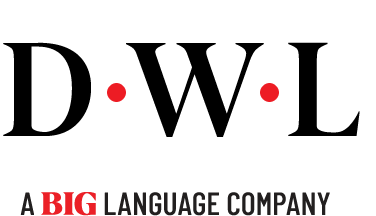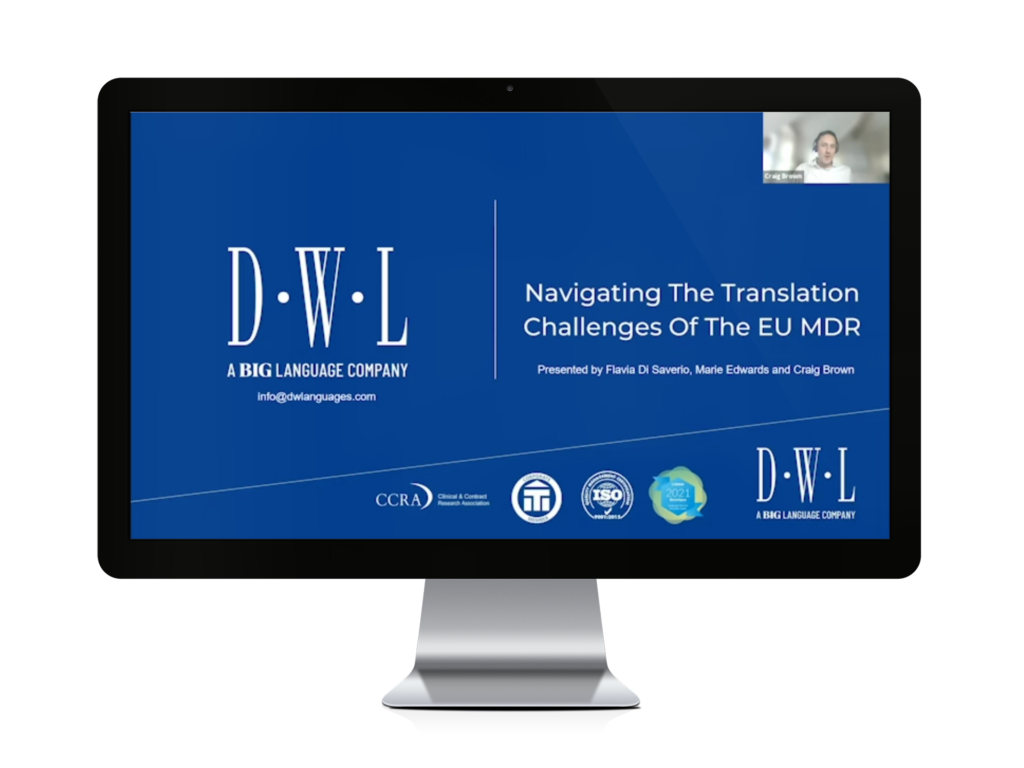In 2019 Dora Wirth (Languages) Ltd. (DWL) was proud to take the final steps in translation industry to achieving a paper-free office. We could not have imagined, one year on, that we would be taking the additional step to an office-free, fully-remote, company.
We work in an industry which only a few decades earlier produced high volumes of text on paper, translated by in-house staff, and mailed them around the world (with suitably accommodating deadlines).
However, in the era of translation technology our company found itself uniquely well prepared to go paper-free and then, when the pandemic hit in 2020, to allow our entire team to work remotely.
DWL headquarters remain in North-West London, and we may come together again as and when the welfare of our team is no longer at risk. On the other hand we are fortunate to be among the many UK SMEs who are agile enough to make rapid procedural and structural changes when required.
There were several factors which led to a smooth transition to remote working, and some positives we are experiencing as a result:
- Translation Management Software (TMS): in the Translation industry we have embraced innovation of a wide range of project management tools. This is not because they reduce the importance of the project manager, but because they enable us to automate several processes which were previously time consuming.
The software is also able to increase transparency at every stage of the project management workflow and generate meaningful reports on deadlines, work capacity and translation memory (TM) management, to name a few.
But the most important aspect of TMS software in the current climate is the ability to access and manage high volumes of translation projects via secure web browser and VPN.
The physical location of the user is therefore no longer as important as having access to a secure internet connection. - Global supply chains: In-house translation teams of the past do still exist among some of the larger, less specialist, Language Service Providers (LSPs). However, a vast number of specialist medical translators are working on a freelance basis, living in the country in which their target language is spoken.
The resilience of these translators to the economic effects of the lockdown will be discussed in a report coming soon to the blog, but we do know that the specialist medical translator community is strong. This is primarily because it was well adapted to the remote-working world before it was essential. - Decrease in overheads: at this time of economic and political uncertainty in the UK, the closure of our physical offices in London brings a welcome reduction in overheads. However, it also allows us to use these cost savings to make more tailored choices when it comes to ensuring that our staff have what they need to work happily and effectively.
I’m sure we look forward to meeting again at the pristine serviced offices of the future, but we are doing everything we can to ensure that continued access to technology and comfort are available to our home-workers.
Despite the massive changes to our routines, and the sudden move to home-working, in some ways our company has never been more cohesive.
We have had to find ways to recreate valuable, non-work-related interactions during regular coffee mornings on Zoom and avoid creating silos of expertise by requiring staff members to regularly share their research and achievements with other business units.







